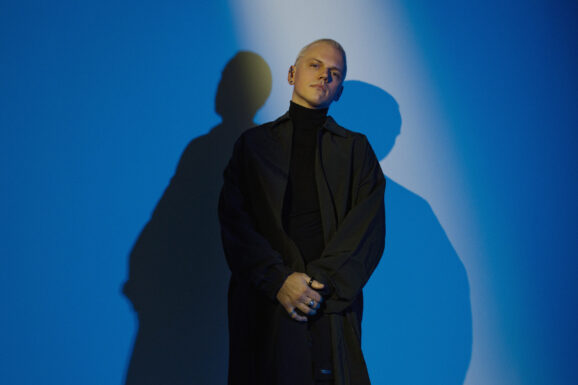Watching Once Were Brothers: Robbie Robertson and The Band is a refresher course in perspective. The Ron Howard co-production is both entertaining and provocative for most of its duration, but, in working with the former guitarist and songwriter for the iconic group, director Daniel Roher intentionally or unintentionally reaffirms the fact some objects of fascination simply cannot be accurately encapsulated from a single perspective.
Ostensibly based on Robbie Robertson’s 2016 memoir Testimony, the narrative moves quickly from its inception through close to two and a half hours. The pace never flags during the description of the musician/songwriter’s childhood and early career, despite the fact interview segments don’t appreciably add to the pace in the sequence of events comprising the body of the movie. Nonetheless, Robbie Robertson And The Band hews rigorously to its main topic in the early going, a special benefit for viewers not wholly conversant with the subject.
Accordingly, Once Were Brothers is wholly worth watching for its vintage archival footage as well as (at least some of) the insights offered by its interviewees. The good-humored and down-to-earth observations of one Ronnie Hawkins, the Canadian bandleader around whom these musicians first coalesced, is particularly enlightening and Bob Dylan’s homage to the group (taken from the excellent documentary No Direction Home) is perfectly heartfelt too. But the segments with Larry Campbell, who worked closely for years with both the latter and Levon Helm, seem markedly out of context, as do most of those with Bruce Springsteen.
It is perhaps not surprising, but perfectly understandable, that questions about continuity within the designate timeline begin to arise around the point The Band began working with Dylan: the Nobel Laureate’s own history is rife with contradiction. But it is more than a little suspect to not mention, even in passing, that famous motorcycle accident of Bob’s; that pivotal event in the summer of 1966 led the quintet to that ‘Big Pink’ house in upstate New York, where, along with their once and future frontman, they made The Basement Tapes, then went on to record their first studio album, Music From Big Pink. The launching of the group’s own career is rendered most vividly in the vintage photos of Elliott Landy appearing at this juncture.
The prospective impact of this piece of real-life cinema lessens further in its later stages. Recollection and interpretation of events becomes increasingly selective regarding the later years of The Band in Woodstock, including the recording of their eponymous sophomore album (in California, no less), then goes on to recount their later more permanent move to the West Coast just prior to the 1974 reunion tour with Dylan (engineered by David Geffen, who comes across more than a little self-serving here).
For his own part, Robbie sounds increasingly disingenuous as he speaks of this period. And he becomes an almost wholly unsympathetic figure as he describes his final meeting with Helm just before the drummer/vocalist’s passing in 2012: it’s hard to miss how this interlude occurs within minutes of pointed emphasis on the extent of Levon’s purported substance issues. Neither Rick Danko nor Richard Manuel are so maligned (despite common knowledge of their own issues in that realm) and it’s here too, the relatively low profile of keyboardist Garth Hudson in this movie becomes most manifest: he is, after all, the only surviving member of The Band besides Robertson.
To fully appreciate Once Were Brothers: Robbie Robertson and The Band, it might be worth (re)turning to the film of The Last Waltz (directed by Martin Scorsese, another one of this title’s co-producers), if only to review the interview segments. And for further useful comparative (and contrasting) purposes, it’s invaluable to proceed (back) to Robbie Robertson’s book, then to Levon Helm’s autobiography, This Wheel’s On Fire, and finally on to British author Barney Hoskyns’ superb Across the Great Divide: The Band And America.
Notwithstanding the general accolades of recognition received on its initial screenings in autumn of 2019 (with more to come in February of this year), this documentary ultimately does the most justice to its colorful subject by standing as a worthy reference point for such broad inquiries.









